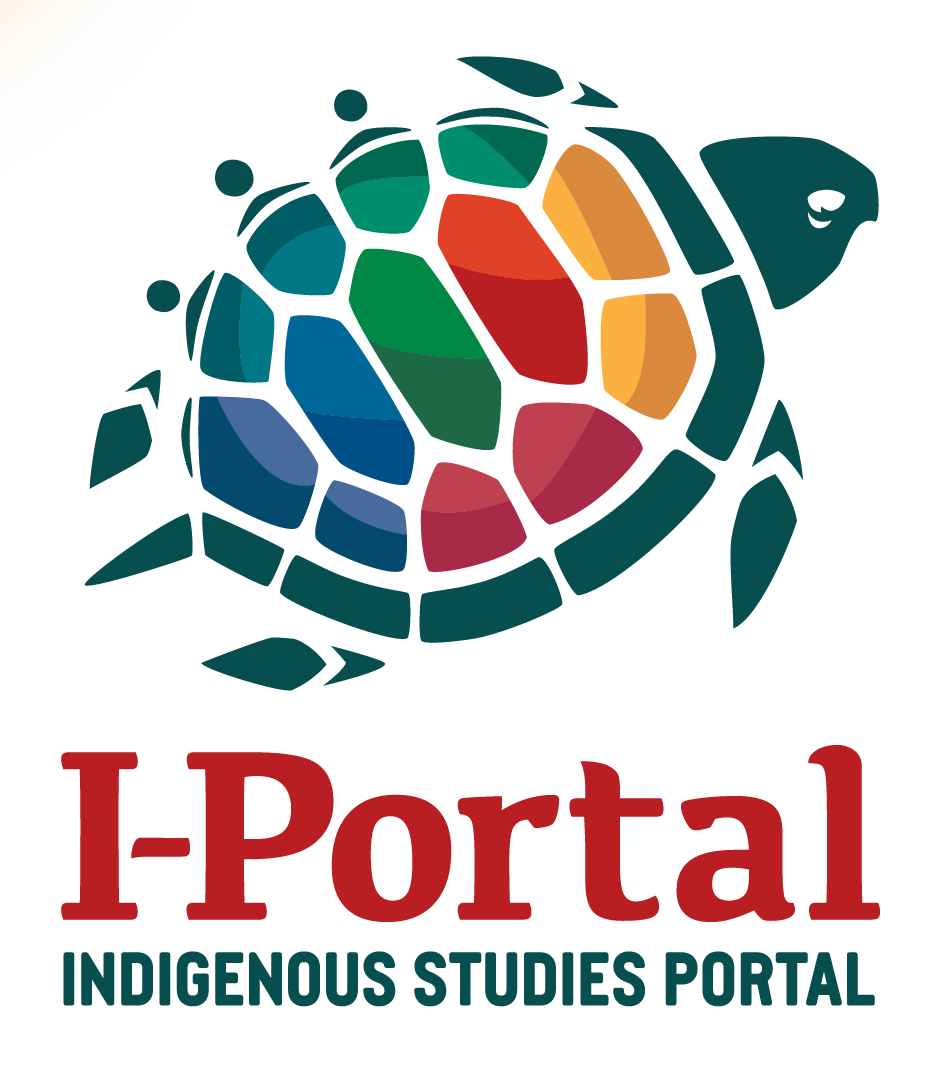Adapting Evidence-Based Tobacco Addiction Treatment for Inuit Living in Ontario: A Qualitative Study of Collaboration and Co-creation to Move From Pan-Indigenous to Inuit-Specific Programming
Examines the IT'S TIME toolkit as a means to provide collaborative culturally relevant treatment for tobacco addiction within Inuit communities.
"Are We Also Here For That?": Inuit Qaujimajatuqangit—Traditional Knowledge, or Critical Theory?
Barriers and Levers for the Implementation of OCAP
Bringing Ethics Review Home to Cowichan: Indigenizing Ethics Review in British Columbia, Canada
Using the investigation into high preterm births amongst the Cowichan to examine collaborative research reviews that follow the OCAP principles.
The Changing Tides of Education in Nunavut: A Non-Inuit Perspective of Inuit Qaujimajatuqangit
Collaborative Data Governance to Support First Nations-Led Overdose Surveillance and Data Analysis in British Columbia, Canada
Discusses the collection of Indigenous opioid-related overdoses data that adheres to the OCAP principles and supports Indigenous self-determination.
Data Colonialism in Canada: Decolonizing Data through Indigenous Data Governance
Communication Thesis (MA) -- Carleton University, 2021.
Decades of Doing: Indigenous Women Academics Reflect on the Practices of Community-Based Health Research
Decolonizing Nunavut's Art Market
Art History Thesis (PhD) - York University, 2019.
Describing the Process of Ethical Conduct of Research in an Ontario-wide First Nations Diabetes Research Project
Ethical and Equitable Engagement Synthesis Report: A Collection of Inuit Rules, Guidelines, Protocols, and Values for the Engagement of Inuit Communities and Indigenous Knowledge from across Inuit Nunaat
Exploration of the Impact of Canada’s Information Management Regime on First Nations Data Sovereignty
An examination of the conflict between Canada's information management regime and Indigenous data sovereignty rights, suggesting the need for Indigenous sovereignty recognition and to treat Indigenous data with the same respect as data received from other nations.
Exploration of the Impact of Canada's Information Management Regime on First Nations Data Sovereignty
First Nations Data Governance, Privacy, and the Importance of the OCAP® Principles
First Nations Use and Culture Baseline Study Report: Great Sand Hills Regional Environmental Study
From TEK to IQ: Inuit Qaujimajatuqangit and Inuit Cultural Ecology
A Guide for Integrating Inuit Qaujimajatuqangit into Decision-making for Marine Shipping Development in Nunavut, Canada
How Has Inuit Qaujimajatuqangit Been Considered? A Student Reflects on the 2018 ArcticNet Annual Scientific Meeting
Identifying Useful Approaches to the Governance of Indigenous Data
The Impact of Inuit Qaujimajatuqangit on Formal Education in Nunavut
Incorporating Inuit Qaujimajatuqangit Into Library Service and Programs, or Vice Versa?
Incorporation of Inuit Qaujimanituqangit, [IQ] or Inuit Traditional Knowledge, into the Government of Nunavut
Inuit Cyberspace: The Struggle for Access for Inuit Qaujimajatuqangit
Inuit Qaujimajatuqangit About Population Changes and Ecology of Peary Caribou and Muskoxen on the High Arctic Islands of Nunavut
Inuit Qaujimajatuqangit and Adaptive Co-Management: A Case Study of Narwhal Co-Management in Arctic Bay, Nunavut
Inuit Qaujimajatuqangit and Knowledge Transmission in a Modern Inuit Community: Perceptions and Experiences of Mittimatalingmiut Women
Inuit Qaujimajatuqangit: 'Living Policy' and the Development of Responsible Governance in Nunavut
Inuit Qaujimajatuqangit: Shamanism and Reintegrating Wrongdoers into the Community
Inuit Qaujimajatuqangit: Social History, Politics and the Practice of Resistance
Inuit Qaujimajatuqangit: The Role of Indigenous Knowledge in Supporting Wellness in Inuit Communities in Nunavut
Inuit Students' Journeys from High School into Post-Secondary Education
Education Thesis (MA) -- University of Ottawa, 2021.
IQ: Inuit Qaujimajatuqangit Adventure Website
Land, Language, and Learning: Inuit Share Experiences and Expectations of Schooling
Education Dissertation (PhD) -- York University, 2017.
Made with Love: Tracing Personal and Cultural Resilience in Annie Pootoogook’s Drawings
Art History Major Research Paper (M.A) - Ontario College of Art & Design University, 2018.
Metadata as Data: Exploring Ethical Metadata Sharing and Access for Indigenous Resources Through OCAP Principles
OCAP: Ownership, Control, Access and Possession: Sanctioned by the First Nations Information Governance Committee
Ownership, Control, Access, and Possession (OCAP) or Self-Determination Applied to Research: A Critical Analysis of Contemporary First Nations Research and Some Options for First Nations Communities
Ownership, Control, Access and Possession (OCAP™): The Path to First Nations Information Governance
Perspectives of Water and Health Using Photovoice with Youths Living on Reserve
Planting the Seeds: Insights for Researchers Interested in Working With Indigenous Peoples
Examines workshops created by Indigenous elders and academic researchers to improve culturally safe research practices with Indigenous populations.
Privacy Tool Kit: The Nuts and Bolts of Privacy
Qaujimajatuqangit and Social Problems in Modern Inuit Society. An Elders Workshop on Angakkuuniq
Recharting the Courses of History: Mapping Concepts of Community, Archaeology, and Inuit Qaujimajatuqangit in the Canadian Territory of Nunavut
Reflexive Reflection Co-created with Kehte-ayak (Old Ones) as an Indigenous Qualitative Methodological Data Contemplation Tool
Examine a new method of conducting research within Indigenous communities that works in collaborations with Indigenous cultural beliefs and for the benefit of the communities themselves.
